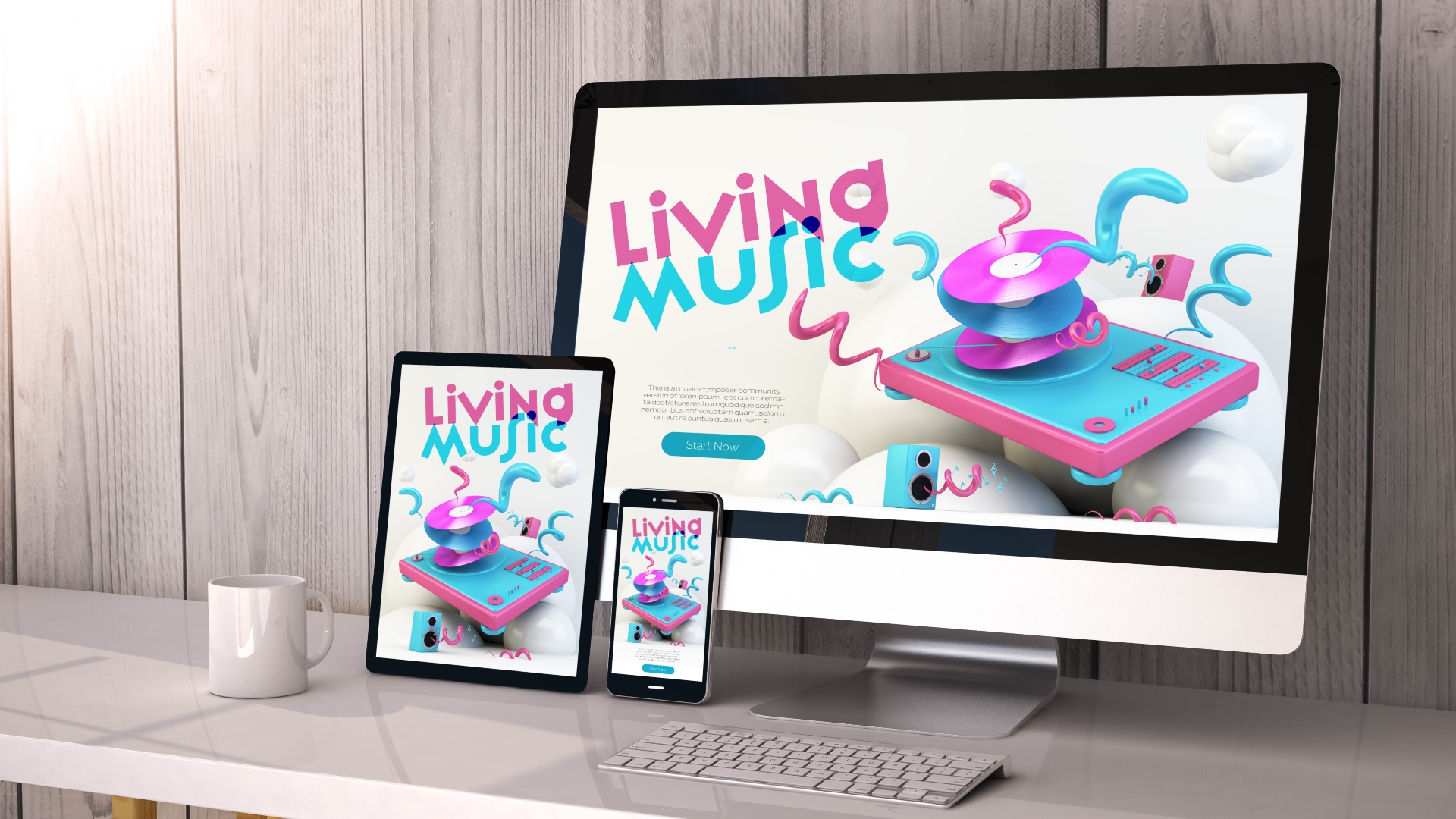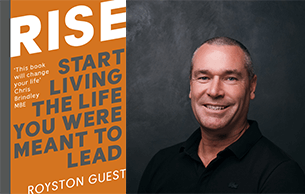Your employee wellbeing is critical to your business wellbeing. In order to give your best, you have to be at your best, and whilst healthy and motivated employees can have a positive impact on the productivity and effectiveness of a business, the opposite is also true.
When you understand your people’s health and happiness is not a luxury, it’s the energy source powering their performance, you place their emotional wellbeing on an equal footing to their physical wellbeing. When it’s low, their performance is low, which has both a short and long-term impact on the business.
Here are my 6 reasons why you should make wellbeing at work a top priority.
#1 Set yourself up as an employer of choice
Whilst your value proposition is a key differentiator for your business, your wellbeing strategy is your key differentiator in your employee value proposition (EVP). There’s a war on talent and finding good, quality people is getting tighter. Individuals are not just looking for the highest salary or the biggest bonus on offer, they’re looking for businesses who can help them achieve a work-life balance, leaders who care about what’s going on in the inside (their emotions) as well as the outside (their productivity). Your EVP, which includes your wellbeing strategy is critical in helping you achieve employer of choice status.
# 2 Discretionary and optional commitment
The success of your business is hardwired to the productivity of your people and often this calls for them to contribute their whole self, which often includes discretionary and optional commitment. You know what I mean; working late at short notice, the extra hours during the weekend, missing lunch because of a scheduled meeting. How do you ‘repay’ these debits from the employee loyalty account. Yes, they may be remunerated for the extra hours but how do you compensate for the missed hours from their life outside of work? Having in place a wellbeing strategy shows you value and care for your employees, in and outside the workplace.
#3 Address the productivity challenge
The urban myth which says the more hours you work, the more you will get done is simply that, a myth. In reality, the more hours you work, the less productive you become. Why? Because we all need quality downtime, and with 24/7 connectivity it’s tough to completely switch off. Giving your people access to gym memberships, weekly meditation or yoga, or putting in place stricter after-hours work policies, such as no emails before 8.00am or after 6.00pm will ensure it’s not just an add on but a fundamental part of your culture.
#4 Reduce absenteeism
Burnout at work is gradual and preventable. The UK Government’s Health & Safety Executive (HSE) defines work-related stress, depression or anxiety as a harmful reaction people have to undue pressures and demands placed on them at work. In 2016, 11.7 million working days were lost due to this condition alone, with the main work factors cited by respondents being workload pressures, tight deadlines, too much responsibility and a lack of managerial support. If you’re offering additional time off and flexible work, ensure people take it, don’t make them feel awkward for asking. The success of your strategy, and the benefits you and your business experience as a result of it, rests entirely on how well you and your managers practice what they preach.
#5 Unlock a motivational environment
One of the keys to unlocking a motivational environment is to understand your people’s personal goals and how being successful at work can be one of the vehicles and enablers in helping them realise their goals. The moment we create the bridge in their mind – the link between their personal goals, business goals and what they do daily during work – self-motivation kicks in. This is the defining moment a person changes from someone with a job to someone with a purpose.
By creating clarity of purpose for your people, you enable them with the mindset (attitude, determination, will), the skillset (technical or soft skills) and the toolset (tools to do their job) to truly unlock their potential. This means delivering excellence within their role, fueling their inner self-worth, igniting their self-motivation, building their confidence and ultimately boosting their happiness and wellness.
#6 More sustainable business model
Retaining your people mitigates the risk of the constant ‘attrition, recruitment, induction, development cycle’, will create a more sustainable business model. You’ll have loyal employees, breadth and depth of experience in the business, consistent employee-customer relationships which ultimately will result in happy and loyal customers.
Royston Guest is a leading authority on growing businesses and unlocking people potential. Entrepreneur, author of #1 best-seller Built to Grow and new book RISE: Start living the life you were meant to lead,









